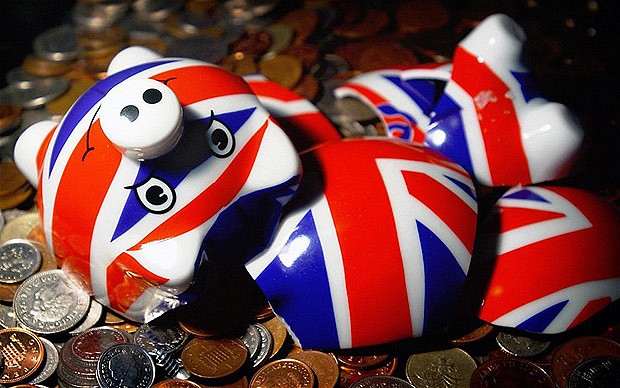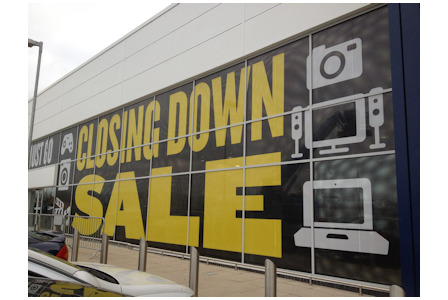Despite the Bank of England’s assurances that the UK is unlikely to enter recession this year, country’s economic situation remains unstable and the risk of economic decline is still real. In order to boost the economy the government now decided to focus primarily on export, especially to fast growing markets like China and the rest of Asia. This strategy seems likely to bring results as Britain’s trade deficit is already decreasing from 4% of GDP in 2007 to around 1% of GDP by early 2011.
 The country became too dependent on rich-world markets and although the share of exports going to Europe has fallen in the last decade, the continent still accounts for half of British exports. The Economist Intelligence Unit, however forecasts that the euro-zone economy will shrink by 1.2 per cent in 2012. America still absorbs more British exports than any other single country and although its economy still looks relatively stable, a better long-term direction for Britain would be focusing on emerging economies like Asia and Latin America.
The country became too dependent on rich-world markets and although the share of exports going to Europe has fallen in the last decade, the continent still accounts for half of British exports. The Economist Intelligence Unit, however forecasts that the euro-zone economy will shrink by 1.2 per cent in 2012. America still absorbs more British exports than any other single country and although its economy still looks relatively stable, a better long-term direction for Britain would be focusing on emerging economies like Asia and Latin America.
British firms however have been quite slow to build trade links in unfamiliar markets, like China, India and Brazil. Furthermore, the products that are especially attractive to these fast growing economies, like natural-resource or capital goods: machine tools, are not UK’s main strengths. The recent success of Britain’s car industry suggests there is still hope. Although domestic car sales fell by 4.2 per cent in the year to November, exports to China increased 23 per cent, and sales to India were up by 67 per cent.
Sales in other retail areas also rose significantly, however some economists warn that the latest figures hide deeper problems. Despite the unexpected increase in UK retail sales some high street stores were forced to close down. Retail sales went up by 0.9 per cent in January compared to the previous month, according to the latest figures from the Office for National Statistics. That came as a surprise as the sales volume was expected to decline in January.
Shoppers benefited from generous discounts and promotions as retailers tried to attract customers. This boost in sales helped counter retail inflation by dragging it down to its lowest level for more than two years. However, the Office for National Statistics report does not represent growth in spending as such, but people getting more for their money. With growing unemployment, tightening credit conditions and minimal real incomes, the conditions for consumers are still tough.
 According to PwC Local Data Company Britain's chain retailers closed on average 14 stores a day across the UK in 2011. Big retailers like bookshops, electrical stores or home furnishings fell in numbers but charity shops and pound stores expanded and proved to be much more successful. Internet outlets and supermarkets were also amongst the biggest drivers of the increase in sales volumes. The figures from the ONS showed that internet sales now account for about 12 per cent of total sales, up from 9 per cent in January last year.
According to PwC Local Data Company Britain's chain retailers closed on average 14 stores a day across the UK in 2011. Big retailers like bookshops, electrical stores or home furnishings fell in numbers but charity shops and pound stores expanded and proved to be much more successful. Internet outlets and supermarkets were also amongst the biggest drivers of the increase in sales volumes. The figures from the ONS showed that internet sales now account for about 12 per cent of total sales, up from 9 per cent in January last year.
The problem for electrical stores and bookshops are not only online competitors but their large property portfolios. Too many locations do not necessarily generate higher sales. Many retail space landlords struggle to keep their tenants despite having lowered the rent. Matthew Hopkinson, director of the Local Data Company, expressed his concern with the fall in retail outlets: ‘In the past the closures were offset by openings but 2011 has shown a true decline in multiple retail and leisure outlets across Great Britain.’


No comments:
Post a Comment